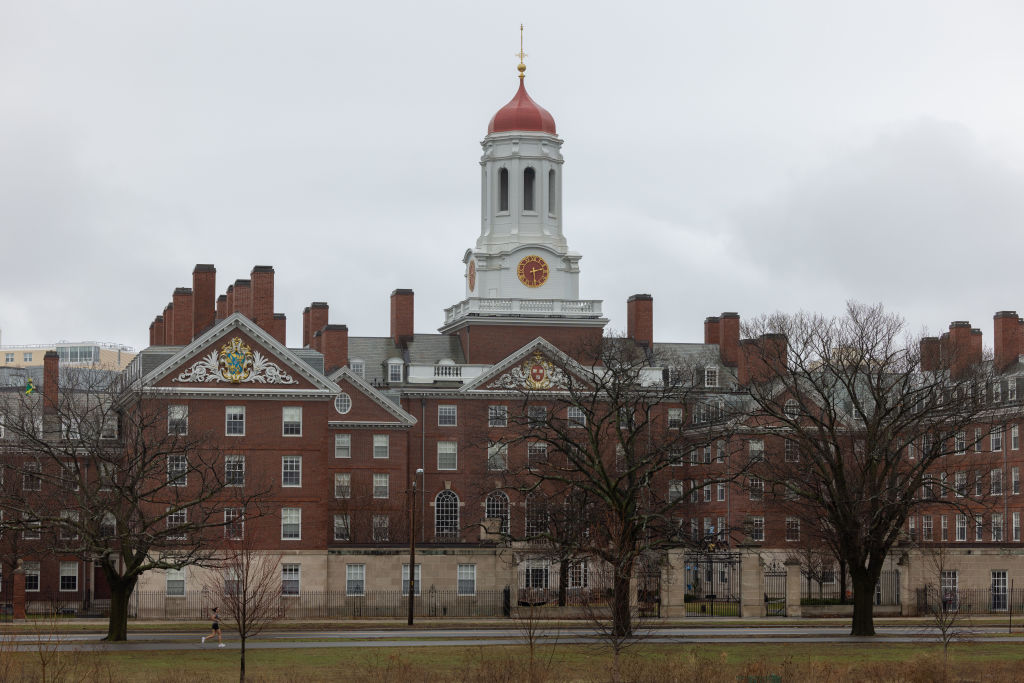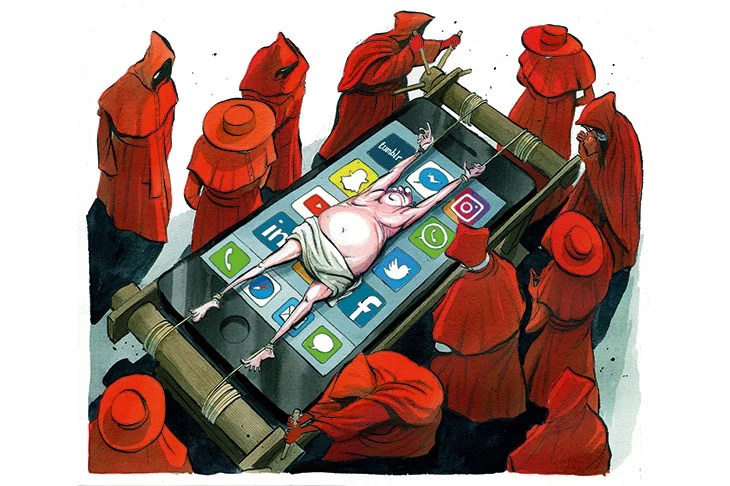Hardly a day goes by without another story of academics clamping down on free speech. Dons at a private British university are the latest to express outrage at a proposed “heterodox” (i.e. not “woke”) social sciences center.
In democratic Athens (fifth century BC), free speech in the citizens’ assembly and the courts was called isêgoria, meaning “equality of speaking,” granting every citizen the same freedom to give his opinion as any other citizen. Free speech outside those arenas was called parrhêsia and meant literally “saying everything [you wanted to]” i.e. total frankness. Some expressed surprise at this license, shocked that even slaves and foreigners could openly speak their minds.
But Athenians did understand that license grossly to insult and offend could not be generally exercised without disorder. They had laws against seriously violent abuse (hubris). Writs could be issued in special circumstances. But we know of very few; the most famous is of course the trial of Socrates for offending the gods. Had he not mocked judicial procedures, he might well have been acquitted.
The one arena in which free speech was allowed to go to extremes was the theatre where, almost no obscenities or insults barred, comedy savagely ridiculed democracy, politicians, generals, the public, the assembly, the courts, other comedians, radical thinkers such as Socrates and even some gods (not Athena). The Athenians reveled in it.
Sir John Laws (in 1994) summed up the issue for our world as follows: “It is never enough to suppress free speech because its expression will hurt people’s feelings. That is why any attempt to attach sanctions against the use of what are called ‘politically incorrect’ expressions or to require the use of ‘politically correct’ forms of speech would be a neo-fascist exercise… it is to my mind chilling that by the very phrase ‘politically correct,’ proponents necessarily lay claim to a monopoly of wisdom to where the truth lies.”
Some dons so fear debate that they would reinstate inquisitions — though without, of course, allowing any defense.
This article was originally published in The Spectator’s May 2024 World edition.


























Leave a Reply